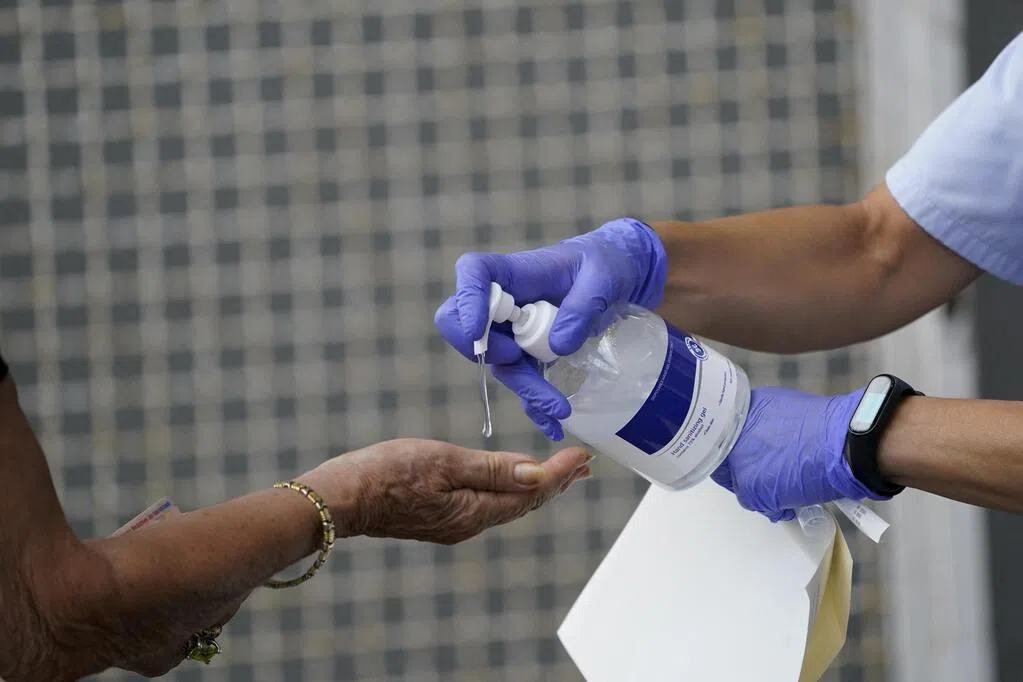(Seoul) The number of young people in South Korea who are neither employed nor in education or training has reached an all-time high in recent years, costing the economy tens of billions of dollars.
South Korean Employment and Labor Minister Kim Young-hoon told Nikkei Asia that this problem "could lead to the disappearance of communities and, in turn, the demise of the nation."
Due to a declining birthrate, the number of young people in South Korea has decreased by 13% over the past decade. While the population aged 15 to 29 reached 8.15 million last year, the number of NEETs (not in education, employment, or training)—those not employed, in education, or in training—increased by 50% to 420,000, representing 5.2% of this age group, the highest percentage on record.
One respondent said he gave up looking for a job because the job requirements listed in job advertisements were difficult for new professionals to meet. Another said, "My first job was very tiring, requiring double shifts and dust-proof clothing. I figured I'd just stay home and rest, rather than spend the money."
Jin Rongxun said, "In large companies, jobless growth has become a significant trend. AI and digitalization have eliminated the need for companies to hire additional staff, and even when they do, they often only hire experienced candidates."
Further reading


According to a report by the Federation of Korean Industries, the increase in young people becoming NEETs in the five years ending in 2023 will result in economic losses of 44.5 trillion won (S$40.6 billion). By 2023, as many as 38% of this group will hold a bachelor's degree or higher.
Last month, the South Korean government launched a support program called "First Step" for young job seekers, including a database of unemployed young people, inviting them to register. The government hopes to use this database to connect with 15% to 20% of unemployed young people and provide them with tailored employment assistance.
For example, authorities plan to set up a virtual company for unemployed young people, where they will pretend to work for three months, learn workplace communication skills, and engage in volunteer work. Authorities will also arrange for unemployed young people to meet with relevant experts and have individuals who have previously lost their passion for finding a job or pursuing education share their experiences of regaining their confidence.



